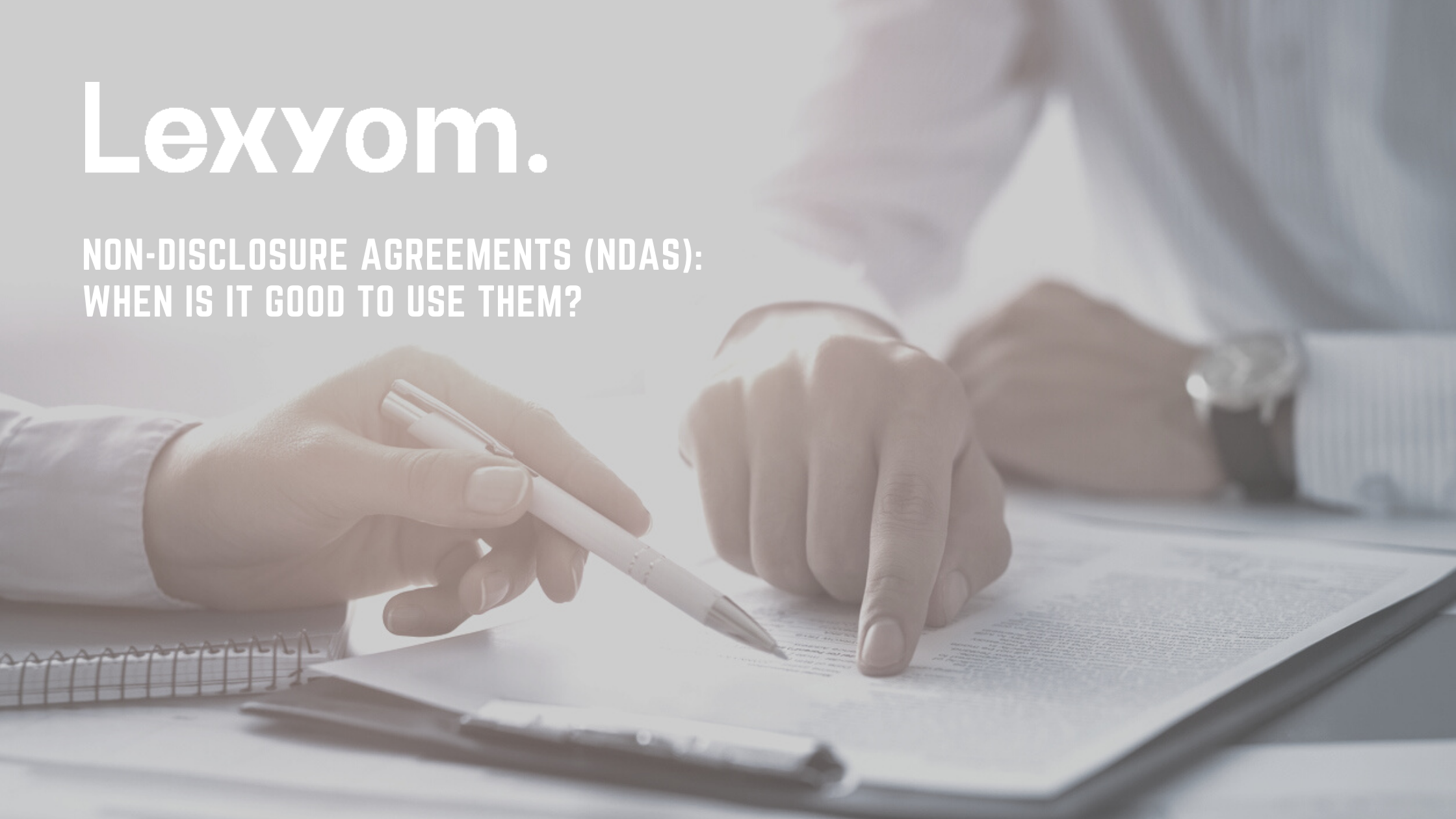Non-disclosure agreements (NDAs): When is it good to use them?
While it is true that ideas are less important than the execution itself, innovation is the key element of a successful startup. A crucial step to protect your ideas and inventions is to form a legal entity and make this intellectual property an asset for the company itself rather than individuals.
Anthrasil – Clinical Pharmacology Mechanism of Action The polyclonal immune globulin G in Anthrasil is a passive immunizing agent that neutralizes anthrax toxin. Bupropion; Naltrexone: (Moderate) Bupropion may interact with drugs that induce hepatic microsomal isoenzyme function via CYP2B6 such as the barbiturates. Once serum phosphorus concentration is less than normal range, reinitiate therapy at reduced dose of approximately one-half the initial dose (not exceeding 40 mg) https://sayadlia24.com/. Asthma exacerbation: Limited data available: Infants, Children, and Adolescents: Oral, IM, IV: 0.
What is an NDA?
An NDA, or a non-disclosure agreement, is a legally binding document between two parties where one party or both parties will disclose confidential information and prohibit the other one from revealing the shared documents or information.
In case of a breach, there are several ways to compensate the affected party. Which remedy a complainant pursues or the court grants depends on the type of the breach and the harm produced to the affected party.
Other than describing the confidential information, an NDA has to have a timeframe for the agreement during which the party (parties) has (have) to keep the information confidential. The time periods used for non-disclosure agreements (NDAs) are mostly two, three, or five years and can also be indefinite.
What are good uses for NDAs?
- Co-founders: All co-founders should be signing a non-disclosure agreement. Usually, co-founders have a high trust and respect outside venture. However, things could change with time. It is important for a startup or a company that the people who know the most confidential information are not able to reveal any of that information when they leave the company.
- Employees: NDAs guarantee that any employee you are bringing into your company will not be sharing confidential information. NDAs are usually offered with the employment agreement. However, the NDA may have a timeframe that surpasses the period of the worker’s employment. Offering an NDA to your employee may be important to set the company culture regarding confidential information.
- Independent contractors: It is crucial to require an NDA signing from independent contractors before disclosing any confidential information. This is because they will regularly come across your confidential information during their contract period. You should clarify and guarantee that the contractor keeps your company’s information confidential.
- Partners: An NDA is always important to be a part of any partnership relationship. You should know how to set the expectations around how a partner could talk about your products or services and not reveal confidential customers.
What are not good uses for NDAs?
- Investors: Investors are usually not willing to sign non-disclosure agreements (NDAs) and asking a potential investor to sign one may be a negative sign. Even with no NDAs, it would not be in the investor’s interests to reveal or steal a company’s inventions or ideas because they are more interested in keeping their reputation and credibility.
- Lawyers and other service providers: Lawyers and other service providers make their living by keeping their customer’s information confidential. Most service providers are also ethically bound to keep their customer’s confidence, so asking them to sign an NDA would be redundant.







